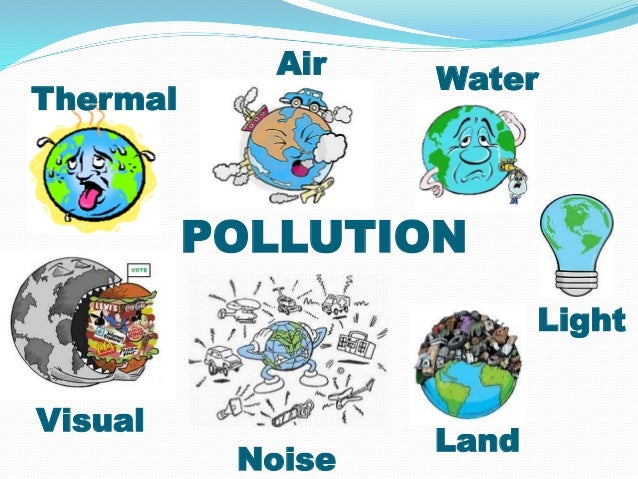Certain environmental pollutants, according to a study, may be the reason for deteriorating kidney health in individuals.
Per- and polyfluoroalkyl substances (PFAS) are a large group of manufactured non-biodegradable compounds used in industrial processes and consumer products, and they are everywhere in the environment.
Humans are exposed to PFAS through contaminated soil, food, water, and air. Recently, they have been detected in military bases, where they are used in aqueous fire-fighting foams, as well as in public water supplies from industrial contamination and in agricultural and crop products.| Environmental pollution
To investigate whether PFAS exposure may be affecting kidney health, John Stanifer of Duke University and his colleagues searched the medical literature for relevant studies.
“The kidneys are very sensitive organs, particularly when it comes to environmental toxins that can get in our bloodstream. Because so many people are now exposed to these PFAS chemicals, and to the newer, increasingly-produced alternative PFAS agents such as GenX, it is critical to understand if and how these chemicals may be contributing to kidney disease,” he said.
In the 74 studies identified, there were many adverse outcomes linked to PFAS exposure, including degrading function, derangements in the proximal tubules (the resorptive structure of the kidney), and dysregulated metabolic pathways linked to kidney disease. It was also particularly alarming that children were exposed to these chemicals to a greater extent than adults.
KEEP READING…BS



No comments:
Post a Comment